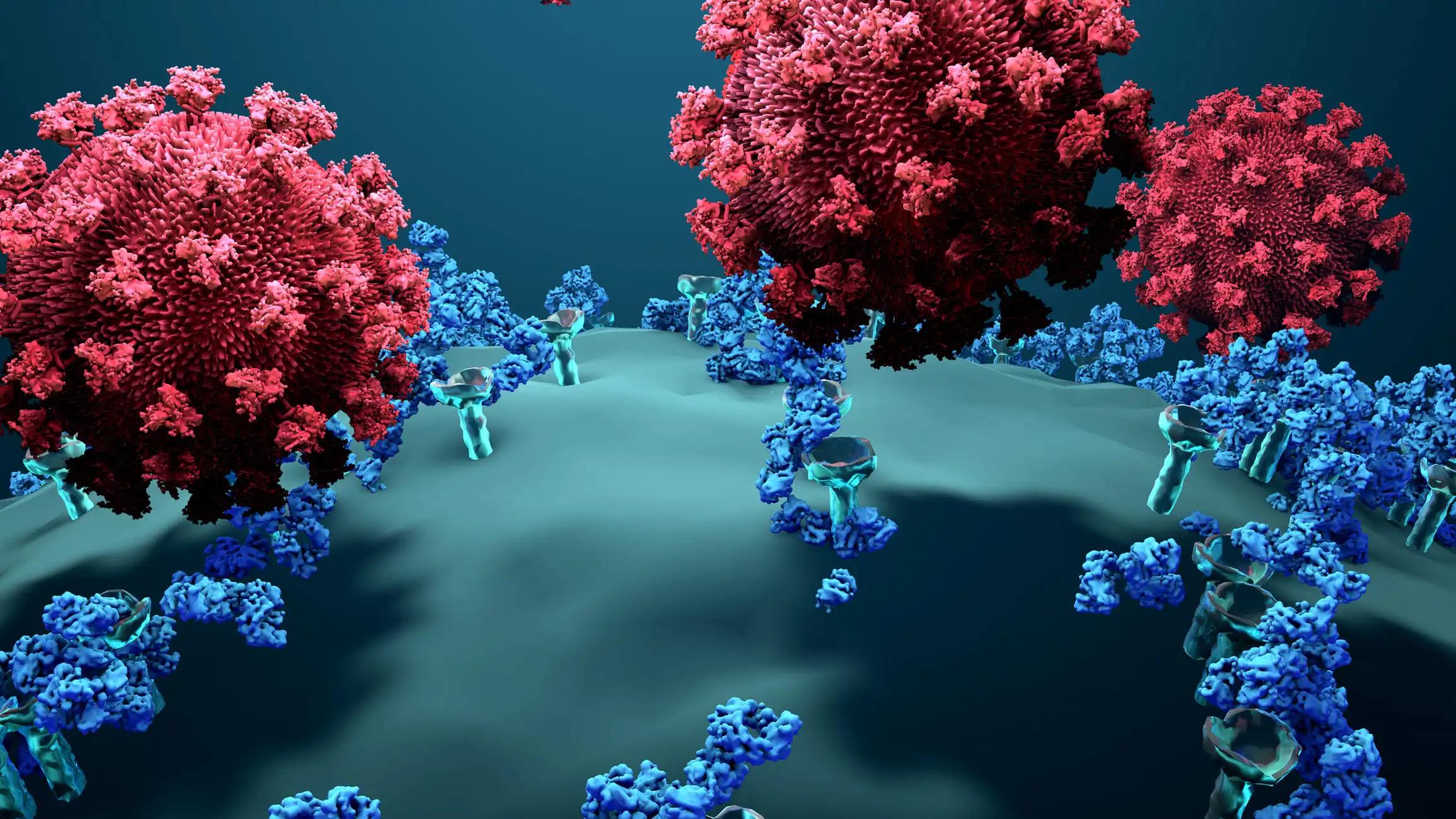KEY TAKEAWAYS
- The phase 3b STRONG trial evaluated the safety and efficacy of fixed-dose durvalumab at a more convenient patient dosing schedule.
- 867 individuals with urothelial or nonurothelial urinary tract carcinoma had progressed after platinum or nonplatinum chemotherapy.
- The frequency of AESIs encompassing imAEs was the principal outcome measure. The secondary and exploratory endpoints were OS, ORR, and DCR.
- The majority of participants (87%) had an EECOG PS of 0-1, and the occurrence rate of imAEs was found to be 11%, with 2% of cases being of grade ≥ 3 severity.
- Administering fixed-dose durvalumab monotherapy at four-week intervals demonstrates a satisfactory safety profile and results in persistent clinical efficacy among patients
Previous clinical trials on metastatic urothelial carcinoma unresponsive to platinum-based therapy have investigated durvalumab, an anti-PD-L1 medication, at a dosage of 10 mg/kg given biweekly. The phase 3b STRONG study (NCT03084471) assessed the safety and efficacy of fixed-dose durvalumab at a more convenient dosing schedule in a previously treated patient population, closely resembling a real-world clinical setting. The study was non-randomized in nature, 867 individuals diagnosed with urothelial or nonurothelial urinary tract carcinoma (UTC) and who experienced progression after platinum or nonplatinum chemotherapy underwent treatment with durvalumab 1500 mg every four weeks.
Among the participants, 87% had an Eastern Cooperative Oncology Group performance status (ECOG PS) of 0-1, while 13% had an ECOG PS of 2. The principal outcome measure was the frequency of adverse events of particular interest (AESIs), encompassing immune-mediated adverse events (imAEs). The secondary and exploratory endpoints encompassed the overall survival (OS), objective response rate (ORR), and disease control rate (DCR) at six and 12 months. Adverse events of special interest (AESIs) were observed in 51% of the patients, with 8% being of grade ≥ 3.
The occurrence rate of immune-mediated adverse events (imAEs) was 11%, with 2% of cases being of grade ≥ 3 severity. The observed median overall survival (OS) was 7.0 months, with a 95% confidence interval (CI) of 6.4-8.2. The overall response rate (ORR) was 18%, with a 95% CI of 14.8-20.6. Complete responses were noted in 5% of patients, and the disease control rate (DCR) at six months was 19%, with a 95% CI of 16.1-22.1. Administering fixed-dose durvalumab monotherapy at four-week intervals demonstrated a satisfactory safety profile. It resulted in persistent clinical efficacy among patients with unresectable stage III or IV urothelial carcinoma undergoing prior chemotherapy. The consistency of safety and efficacy aligns with prior studies of durvalumab and other anti-PD-1/PD-L1 agents in this particular context.
Source:https://pubmed.ncbi.nlm.nih.gov/35042068/
Clinical Trial:https://clinicaltrials.gov/ct2/show/NCT03084471
Sonpavde GP, Sternberg CN, Loriot Y, Marabelle A, Lee JL, Fléchon A, Roubaud G, Pouessel D, Zagonel V, Calabro F, Banna GL, Shin SJ, Vera-Badillo FE, Powles T, Hellmis E, Miranda PAP, Lima AR, Emeribe U, Oh SM, Hotte SJ. Primary results of STRONG: An open-label, multicenter, phase 3b study of fixed-dose durvalumab monotherapy in previously treated patients with urinary tract carcinoma. Eur J Cancer. 2022 Mar;163:55-65. doi: 10.1016/j.ejca.2021.12.012. Epub 2022 Jan 15. PMID: 35042068.



